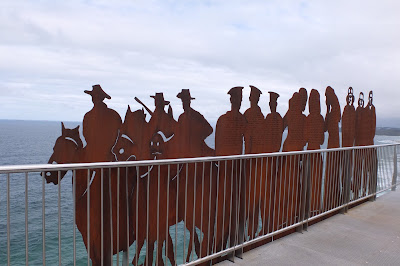I knew from the outset that this would be an unusual book. The back cover blurb set the scene:
With their mother ill and their father permanently drunk, Hari and Lila have to earn the money to keep house and look after their two young sisters. In desperation, Hari runs away to Bombay, and Lila is left to cope alone.
Cheery stuff indeed. Yes, although the main characters are children, they hardly have child like concerns. Lila and Hari are basically bringing up their two younger sisters as their father is incapacitated by drink, and their mother by illness. I did wonder if the mother was depressed, and wondered if it was possible for a third world mother to take to her bed. Probably not.
Lila went in with a tumbler of tea for her mother. She stopped to add a little extra milk to it. Then she went past the curtain in the doorway to the room where her mother lay on the string bed on some old grey sheets. She herself looked like a crumpled grey rag lying there. She had been ill for a long time. No one knew what was wrong. She had no pains and no fever but simply grew weaker and weaker all the time. Now she could not sit up to drink her tea.
The family live in a small fishing village called Thul, and while just a few kilometres from Bombay, it is a completely different world. Hari is forced to take on the role of provider for the family even though he is still a boy.
What could he do? He worked in the field, he climbed the trees and brought down the coconuts to sell. When he had time, he took a net and fished along the shore. What more could he do? He knew it was not enough but it was all he could do.
The Village By The Sea is a family story at its heart but it's definitely set in the harsh economic situation and environmental risks of the real world. Overfishing threatens not only the livelihood of the professional fisherman, but means that Hari rarely catches a fish near the shore. Overpopulation, the rise of consumerism, overt threats from the chemical industry, and the many other threats to the rural village way of life are all highlighted. But the need to learn, to change and adapt to be successful is quite a pervasive theme throughout the book.
Hari is overwhelmed by his arrival in Bombay- as I'm sure I would be too. His employment at the restaurant whilst lucky for him is dreadful in its own way too.
The work was not easy in that firelit kitchen of the Sri Krishna Eating House that seemed to grow hotter and hotter and never to cool down even at night. The eating house never quite shut and customers had to be served with tea and bread or bread and lentils whenever they demanded it, day or night.... What he minded was not being able to leave the eating house and go home when the work was done. He was confined to it day and night: he worked in the kitchen and in the front room, washed and bathed under the tap at the back, ate his meals at the table when there was no customer around, and slept on the bench or sometimes on the dusty back floor.
My favourite passage naturally enough was about birds.
'The birds are the last free creatures on earth. Everything else has been captured and tamed and enslaved- tigers behind the bars of the zoos, lions stared at by crowds in safari parks, men and women in houses like matchboxes working in factories that are like prisons. Only the birds are free and can take off and fly away into space when they like.'
At the beginning of the book we are told that Thul is a real village on the Western coast of India. The story and these characters are based on real people in a town where Anita Desai spent many holidays. In the end I'm not quite sure what to make of The Village By The Sea. I wanted to love it, I wanted to get swept up in the grandeur of India- the colours, a life complete unknown to me. But I never was, and to be honest I found it slow going and well, a bit boring at times. The Village By The Sea won the Guardian Childrens Prize in 1983. But I wonder what kids think of this book? Both the western children for whom it was presumably written, and Indian children too.
275/1001












































